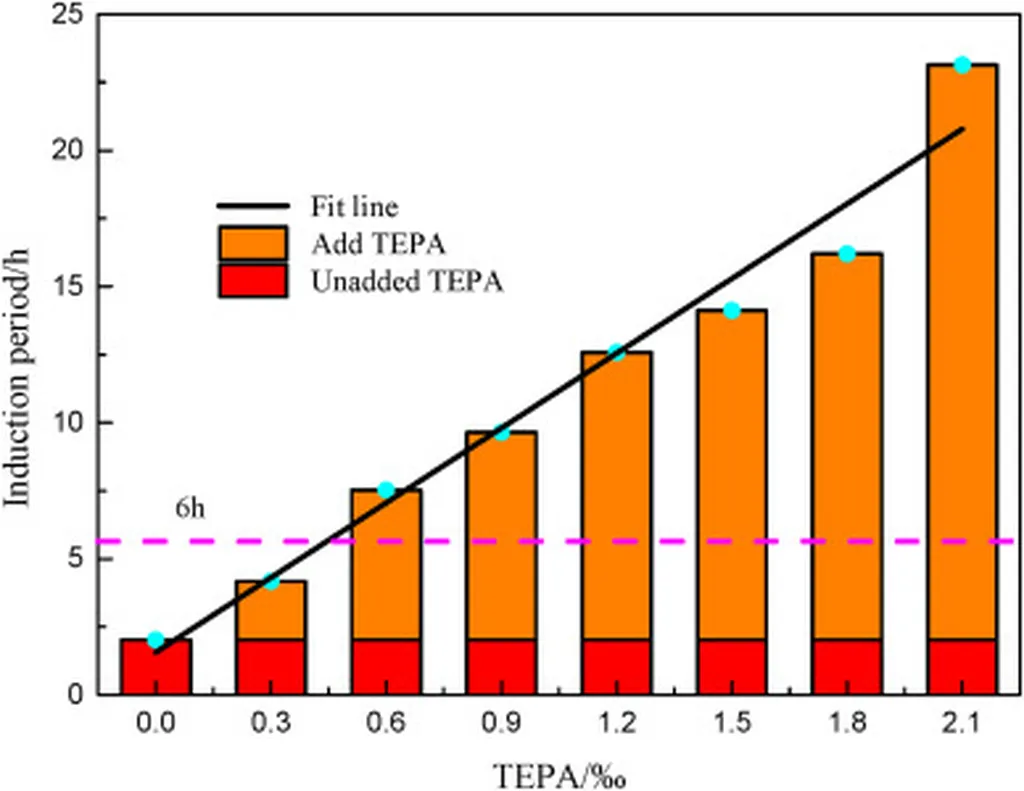In a significant stride towards enhancing biodiesel quality and stability, researchers from Kunming University of Science and Technology and Grandblue Environment Co. Ltd. have uncovered the synergistic antioxidant and corrosion inhibition effects of tetraethylenepentamine (TEPA) in biodiesel. This study, published in the Chinese journal *Petroleum Processing and Petrochemicals* (originally *Zhongguo youzhi*), offers promising insights for biodiesel producers aiming to meet stringent product standards.
Biodiesel, a renewable and cleaner alternative to traditional diesel, has long faced challenges related to oxidative stability and corrosion. The research team, led by Dr. Chen Renyi, investigated the effects of three antioxidants—BHA, BHT, and TEPA—on the oxidative stability and corrosivity of Jatropha biodiesel. Their findings revealed that all three antioxidants improved oxidative stability, with TEPA emerging as the most effective.
“TEPA not only enhances the oxidative stability of biodiesel but also exhibits superior corrosion inhibition properties,” said Dr. Chen Renyi, lead author of the study. The team found that adding 0.1% TEPA to biodiesel reduced copper corrosion to grade 1a, meeting national standards. At a 0.2% addition level, TEPA achieved an impressive corrosion rate of 42.76 g/(m2·h), an inhibition efficiency of 80.24%, and a coverage of 0.82.
The study also highlighted TEPA’s unique ability to capture copper ions, forming copper ion chelates that inhibit the catalytic oxidation of biodiesel. This dual-action mechanism—antioxidant and corrosion inhibition—positions TEPA as a valuable additive for biodiesel production.
The commercial implications of this research are substantial. Biodiesel producers can now leverage TEPA to enhance product quality, ensuring better oxidative stability and reduced corrosion, which are critical for meeting regulatory standards and extending the shelf life of biodiesel. This advancement could accelerate the adoption of biodiesel in the energy sector, contributing to a more sustainable and environmentally friendly fuel landscape.
As the energy sector continues to evolve, innovations like this play a pivotal role in shaping the future of renewable fuels. The research conducted by Dr. Chen Renyi and his team not only addresses current challenges but also paves the way for further developments in biodiesel technology. With the insights gained from this study, biodiesel producers can optimize their formulations, ensuring higher quality and performance, ultimately driving the growth of the renewable energy market.

